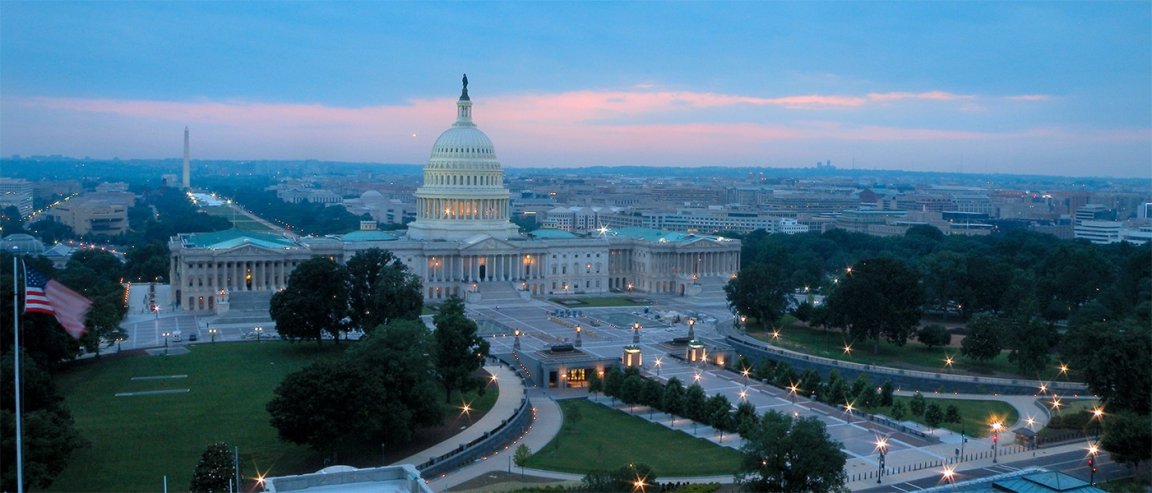
Two Sides of the Aisle
There seems to be a growing disconnect between political issues and science today. Though not the only effective approach to designing policy, many of today’s issues require “disciplined, dispassionate, and systematic thought,” according to 2016 Democratic candidate for the 8th Congressional District of Pennsylvania Shaughnessy Naughton. In a article she wrote for Scientific American, Naughton, who is a scientist by training, outlines her observations on how science seems to have been left out of the political conversation.
That certainly does seem to be the case as the distance between the various sides of some issues that require the input and acceptance of scientific evidence continues to grow. One such debate surrounds the scientifically unfounded belief that vaccines can cause autism. While this belief amongst the general population is worrisome enough and has led to an increase in outbreaks of previously under-control virus, even more unsettling is the idea that the thought is shared by a known vaccine skeptic that may soon be in charge of the presidential commission on vaccine safety.
Then, of course, there is the hot-button issue of man-made climate change. The American congress is known to have among its ranks a number of climate-change deniers, and they often proudly trump up their position with less-than-factual data (it doesn’t help that the President-elect himself has called climate change a Chinese hoax). Other issues include an often alarmist approach when it comes to GMOs and stem cell research, as well as a regressive attitude towards the development and use of nuclear energy.
The surprising thing is, despite all evidence pointing to the contrary, many people outside of politics believe these politicians, showing that the political sphere has influence beyond just the laws that go on the books.

The Need for a Scientific Perspective
Naughton thinks that these clashes are all made possible by the dearth of scientifically trained minds in the American Congress. “I realize the importance of bringing the scientific perspective to bear on today’s urgent and complex environmental and technological issues because of my background and training,” she wrote.
To raise the profile of science on the political and public stage, Naughton founded a nonprofit organization called 314 Action, and she wrote about the goals of that organization in her article:
Our aim is not to make science another highly partisan issue, but rather to let facts and empirically observed data trump emotional debate. It is far too common for politicians to find themselves defending oftentimes indefensible positions that can and should be approached and solved with a scientific perspective.
What science brings to political conversation is hard evidence acquired through rigorous and disciplined study and research, according to Naughton:
As scientists, we are trained to embrace uncertainty, use the tools of data, hard evidence, and analysis to solve problems. For scientists, there are no facile answers; rather, there are complex questions that require disciplined, dispassionate and systematic thought —our aim to arrive at solutions that serve truth above expediency.
To bring science into the political dialogue, scientists have to be more involved in the political process. By this, Naughton doesn’t just mean being part of some advisory group or committee, but direct involvement. “[We] strive to encourage scientists and pro-science advocates to become active in the political process, running for local and national office,” she wrote.
It was certainly a good sign when the U.S. Senate showed interest in participating in the artificial intelligence discussion, but perhaps more science-minded and scientifically trained individuals in policy-making positions can affect even greater change. To be sure, their inclusion will definitely alter the political conversation, Naughton believes: “When scientists become involved in electoral politics, they change the conversation, stimulating thought and shifting the focus from transactional to transformational leadership.”